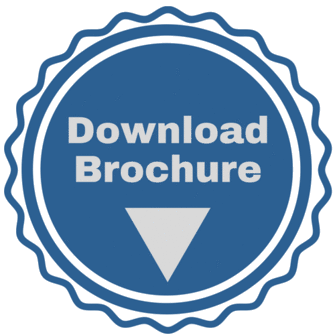
Bharat Mishra
Nirmala College of Pharmacy Muvattupuzha, India
Title: An epidemiological study to investigate the prevalence, awareness, usefulness and adversities of using herbal plants products concomitantly with synthetic antidiabetic drugs among type-2 diabetic patients
Biography
Biography: Bharat Mishra
Abstract
Introduction & Objective: Diabetes is a complex disorder, demands different therapeutic approaches. The therapies like insulin and oral agents have their own drawbacks and high cost. Herbal formulations believed to be least side effects and low cost used along with synthetic therapy without considering consequences of concomitant uses. The main objective is to assess the prevalence of herbal plants use among diabetic patients, identify the plant products used, source of motivation and pattern of herbal uses and investigate the effectiveness, awareness, consequences of simultaneous use of herbal with synthetic drug.
Method: A community based cross-sectional study was conducted among type-2 diabetes using pre-structured questionnaire consisting socio-demographic and herbal use characteristics. Patients with type-1 and gestational diabetes and using only herbal products were excluded.
Results: A total of 470 patients, 340 were using herbal plants simultaneously with synthetic drugs and 130 were only synthetic drugs. Most of the herbal users belonged to rural areas (62.55%) (P= 0.011) were maximum users belongs to 40 to 55 years. Herbal use found to be higher among females (54.89%) (P=0.001) .About 34 herbal plants identified, 10% of were using ayurveda products and commonly used were Guava (17.6%), bitter gourd (12.9%), Indian gooseberry (7.5%). About (67%) were satisfactory with herbal use, but only (35%) informed to physician of herbal use, (25%) experienced hypoglycemia and negligible patient reported their hypoglycemic occurrence.
Conclusion: The physician should have knowledge about herbal medicines safety and efficacy, so that they can make safe choices and avoid potential interactions with conventional therapy.

